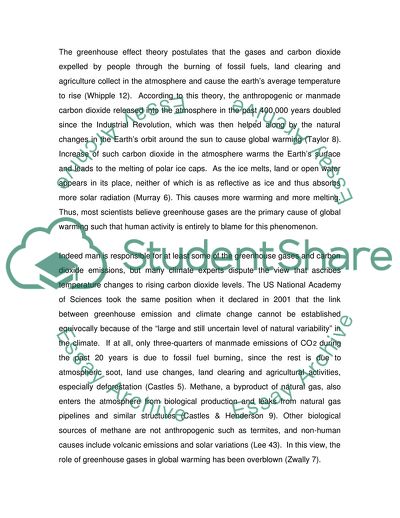Cite this document
(Discuss some of the main causes and effects of Global warming Essay, n.d.)
Discuss some of the main causes and effects of Global warming Essay. https://studentshare.org/environmental-studies/1714968-discuss-some-of-the-main-causes-and-effects-of-global-warming
Discuss some of the main causes and effects of Global warming Essay. https://studentshare.org/environmental-studies/1714968-discuss-some-of-the-main-causes-and-effects-of-global-warming
(Discuss Some of the Main Causes and Effects of Global Warming Essay)
Discuss Some of the Main Causes and Effects of Global Warming Essay. https://studentshare.org/environmental-studies/1714968-discuss-some-of-the-main-causes-and-effects-of-global-warming.
Discuss Some of the Main Causes and Effects of Global Warming Essay. https://studentshare.org/environmental-studies/1714968-discuss-some-of-the-main-causes-and-effects-of-global-warming.
“Discuss Some of the Main Causes and Effects of Global Warming Essay”. https://studentshare.org/environmental-studies/1714968-discuss-some-of-the-main-causes-and-effects-of-global-warming.


